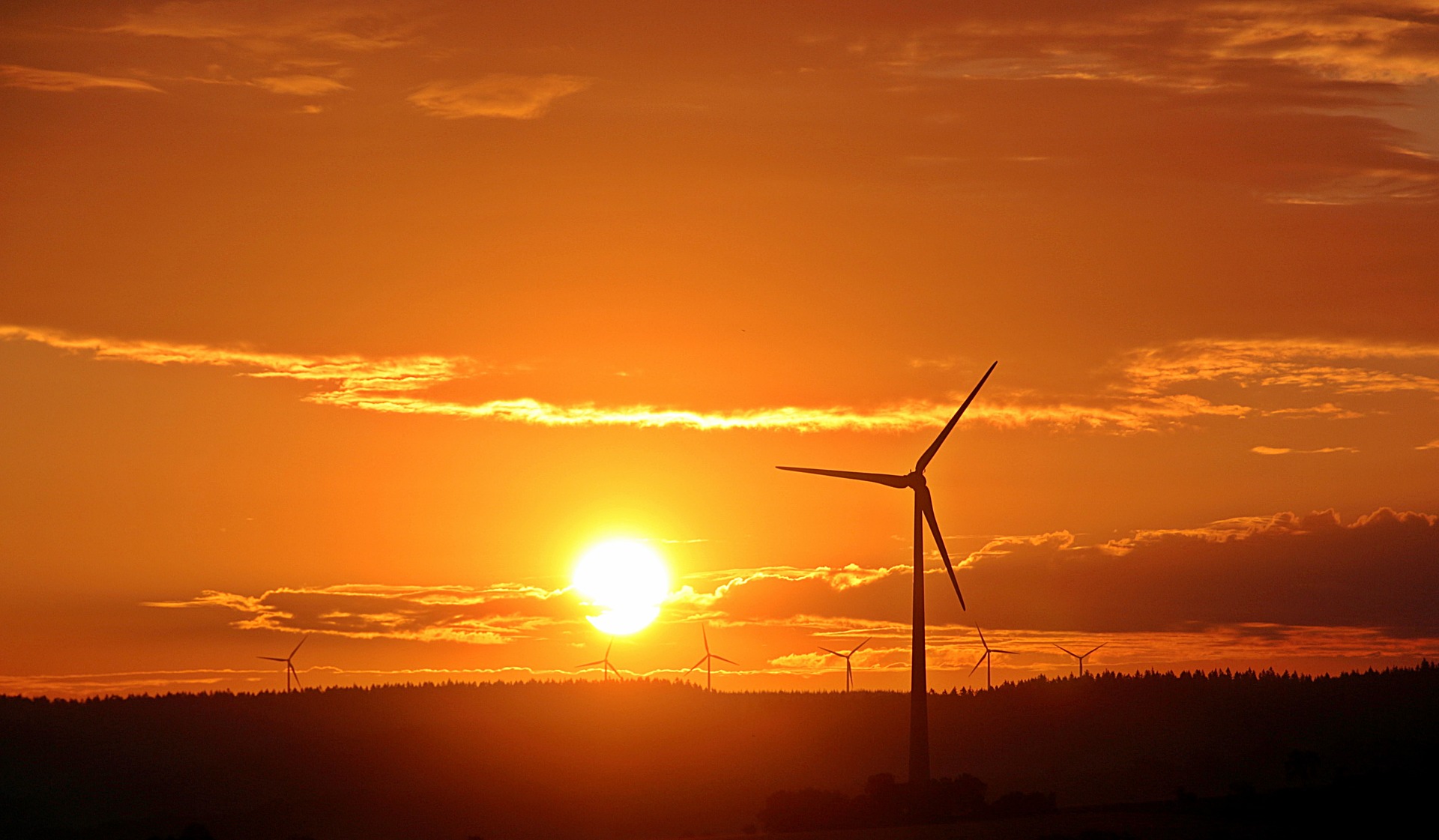We are facing an existential threat: climate change. Although some people still deny that we have a problem, most people have realized that if we don’t take substantial action right away, the consequences will be dire.
Our summers have been getting hotter—by 2090, heat deaths are expected to climb to 2,000 people annually in the United States, up from estimates of 650 in the Northeast and 200-550 in the Midwest. Droughts, natural disasters, and pollution are also likely to increase, causing more deaths and displacement.
Aside from the human costs, climate change is affecting the world’s animal species, with an increase of 1.5 degrees Celsius potentially putting 20-30% of species in peril of extinction. Unfortunately, governments around the world have been doing little to mitigate the alarming effects of warming from human civilization.
If you’ve been watching the political response to our changing climate with despair, you’re definitely not alone. Many people have begun to notice emotional effects of the crisis, with some experiencing what is known as “climate change anxiety. It’s a real problem that could be affecting your well-being and quality of life. So how can you manage it? Here are 6 ways.
Learn and Share about Climate Change
While it might seem like learning more about climate change would make your anxiety worse, the truth is that knowledge really is power. The more you know, the more you can feel empowered to take action on a personal level.
You’ll also be able to help others struggling with fear and anxiety surrounding climate change. Children, in particular, are often afraid the world is going to end, and if you are a parent then you should be careful in how you explain the facts surrounding climate change.
Gaining and sharing knowledge appropriately can help others around you and inspire them to take action now and in the future.
Eco-Friendly Lifestyle
If you’re anxious about climate change, then one major step you can take is to make your lifestyle more eco-friendly. Small actions won’t stop climate change in its tracks, but they will make a difference. Some of the changes you can make include:
- Recycling and composting
- Reducing single-use plastic usage
- Walking, biking, and using public transit
- Flying less frequently
- Cook at home
- Reduce your food waste
- Bring your own bags and bulk containers to the grocery store
Speak up if a store isn’t providing the eco-friendly options it should be. Grocery stores with a bulk section can reduce waste by allowing shoppers to use their own containers, rather than single-use bags.
Meditation
When it comes to anxiety, it’s important to learn how to center yourself and calm down. Meditation is a great self-care tool that can help you reduce the impact climate change anxiety has on your life. Plus, it’s free, eco-friendly, and super easy to get started! There are lots of free and affordable meditation courses out there to help you get started.
Charge Up With Renewables
Coal, oil, and gas are non-renewable resources with a massive negative impact on the planet. You can help reduce both your carbon footprint and your anxiety about climate change by charging up with renewables like solar and wind power instead.
If you own your home, you can get solar panels installed to provide your electricity and even sell some back to the grid. Smaller solar cells can be used to charge phones on the go and encourage the use of renewable energy.
Yoga
Like meditation, yoga is a great way to reduce anxiety in a safe, beneficial, eco-friendly way. Individuals, families, and even children can benefit from the mind-body connection that yoga offers. For both adults and kids who are anxious about the climate, yoga can help them connect with the earth and feel more centered.
Spread Awareness
Last but not least, you can help reduce your anxiety about our changing climate by raising awareness. We won’t see the kinds of sweeping legislative changes needed to curb climate change without more citizens spreading awareness and demanding action. There are lots of groups you can join if you want to raise awareness with like-minded people.
Although these tips probably won’t completely erase your climate change anxiety, they might be able to help you relax and focus on what you can do. Of course, if you find anxiety or depression are having a significant impact on your life, then it’s a good idea to see a mental health professional. Climate change anxiety is real—but you don’t have to let it control you.


